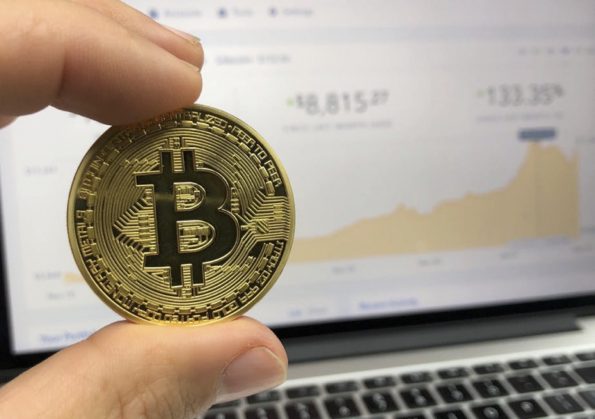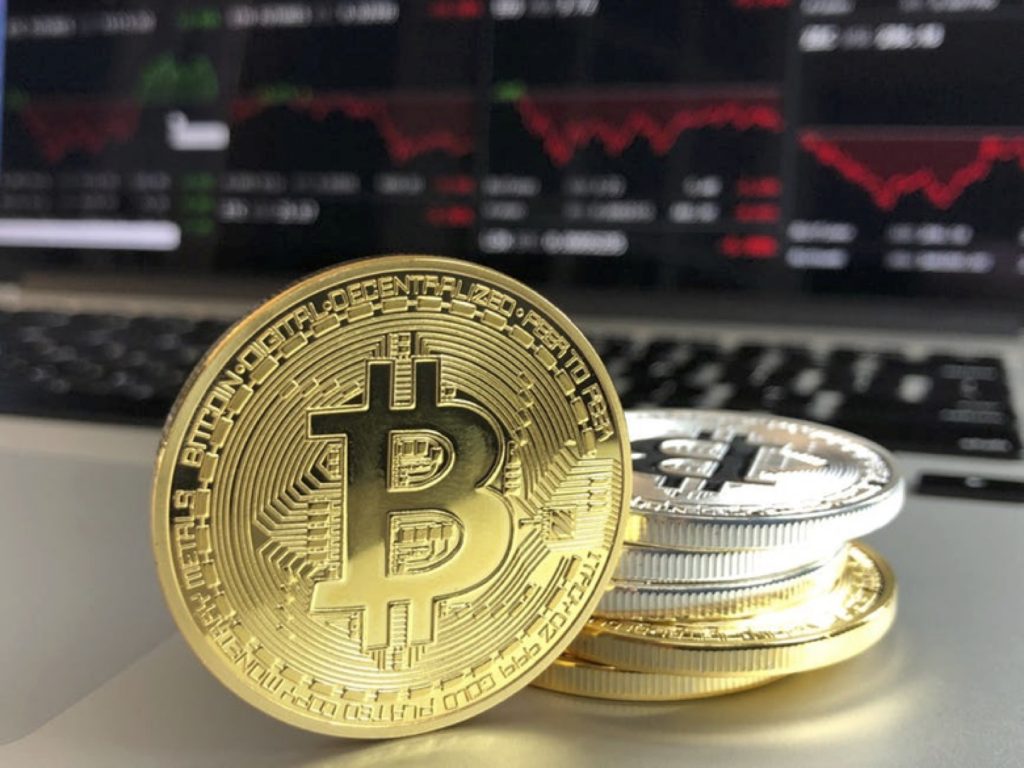Making Sense of Crypto
One of the hottest topics in the investment world today is cryptocurrency. It’s also one of the most misunderstood and with the current negative headlines about plunging value, easy to dismiss. However, like most headlines on the evening news, there is more to understand about this digital currency crypto investing than a quick two-minute newscast can cover.

What is crypto?
To understand what cryptocurrency is, you need to start with the Blockchain. In its simplest form, the Blockchain is just computer programs that perform specific functions. They are decentralized, meaning they are not owned by a specific entity. Blockchain is essentially a records-keeper, much like your favorite accounting software. Where it differs, however, is that any additions or changes to its files are recorded permanently on its digital “log” and visible for all to see. This makes Blockchain both a privacy-favoring transaction recording platform and one that is designed for trust, as any actions are visible and permanently recorded on the Blockchain.
Cryptocurrency, also known as simply crypto, is a Blockchain Application that stores value and can be transferred to other individuals. Think of Cryptocurrency as digital money; except there are no printed currencies, just electronic files with fluctuating value. Cryptocurrencies come in different forms, and accepted Cryptocurrencies such as Ethereum, Polkadot (Dot), and Cardano can be used to pay for transactions which are then recorded on the Blockchain.
Other Cryptocurrencies such as Bitcoin, Dogecoin and Shiba Token, only exist as a way to store and transfer value.
Since these crypto’s store value, they are considered a form of digital money which can be freely traded on a crypto exchange.
How is Crypto an investment?
Like the stock market, Cryptocurrency can be bought and sold based on supply and demand. When demand is high the price people are willing to pay will go up. Conversely, if more people want to sell a crypto coin rather than buy, the price will go down.
Since the crypto markets are still relatively new, there is a lot more volatility, less information about products and sometimes outright fraud. This results in high investment risk for the Crypto market.
In general, investment returns are based on risk. The more the potential risk, the higher the potential returns.
For example, if you invested $1,000 in bitcoin back on January 1, 2016, on January 1, 2020, your investment would be worth $100,338. If you invested that same $1,000 into BitConnect, the best performing crypto of 2017, today your investment would be worth zero. The project failed in 2018.
Is Crypto right for me?
If you are not already investing in stocks and mutual funds, crypto is not where you want to start investing.
If you are familiar with investing and willing to do your own homework, then investing a portion of your investment portfolio in Crypto may make sense.
Stick to crypto coins that have an established history and have plenty of trading volume every day is a good place to start.
Coinmarketcap.com provides data on most cryptocurrency projects and ranks them by market capitalization or a dollar value based on how many coins are outstanding. This is a good point to start when looking at crypto projects.
How do I get started?
The easiest way to get started investing in crypto is to create an account on a Crypto Exchange like Coinbase. Coinbase caters to new investors and keeps their system very simple.
You will have to prove to them who you are and link your account to your bank to transfer money between the accounts.
CryptoBuxx.com also offers crypto gift cards and crypto gift certificates that can be an easy way to both receive and give crypto. They can be held or transferred to a crypto wallet.
What does the future hold for Cryptocurrency?
Today crypto seems more like gambling than investing for the long term.
Crypto projects that are “hot “attract significant investment which drives the prices up dramatically and gets even more investors to pile in.
Cryptocurrency needs regulation, either by an independent organization or the government to ensure full disclosure and fair distribution of information
With these structural improvements, institutional investors, like pension funds and hedge funds, can contribute trillions of dollars into the marketplace resulting in a more stable market with less volatility and a more predictable investment for the individual investor.


